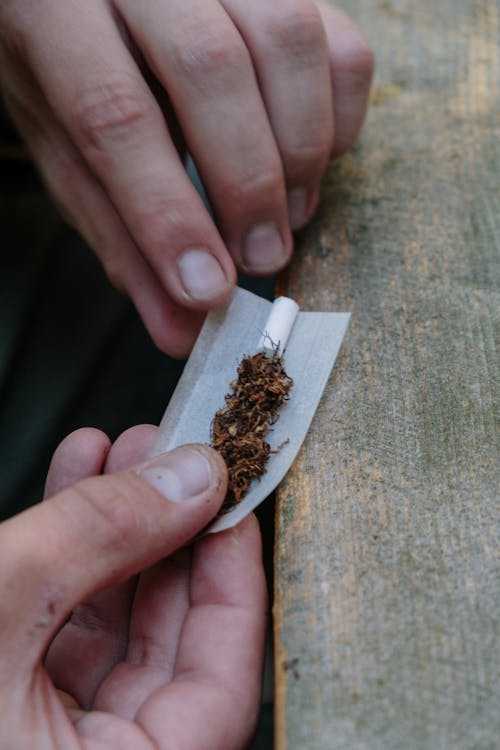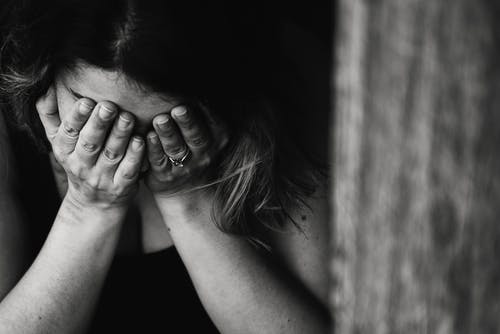When you are dating a partner who is struggling with addiction, it might be difficult for the two of you to be on the same page. One of the major reasons why partners break up is when one of them is addicted, and they find it hard to keep living together.
Some people go to great lengths to hide their addiction and when their spouses find out, it can cause conflicts that can tear the union apart.

Here are some of the signs that your partner might be addicted
Changes in sleep patterns: You can tell if your partner is struggling with addiction when their sleep pattern is beyond normal.
For instance, people who abuse substances are likely to always sleep for long hours. And when they are under the influence of these substances, they can remain awake for a long time.
Poor hygiene/grooming habits: Another sign that your partner is addicted is when they don’t pay good attention to their hygiene unlike before. They are likely to ignore some of the basic self-care habits that should keep them healthy.
Common physical signs: If you want to be sure to a good extent that your partner is addicted, take a look at some of the physical signs, especially on the face and skin. They might have dry and bloodshot eyes, which could be dilated at some point.
Also, they may keep sneezing and sniffling, and some of them might have bloody noses. You may also observe some cuts and scars on their skin, which most of them might try to hide by putting on long sleeve clothes.
Behaving suspiciously and secretively: People who are struggling with addiction are likely to engage in activities that will make them behave suspiciously. They will begin to keep secrets from you concerning their whereabouts, the friends they make, how they spend their money, etc.
Loss of interest in normal hobbies: If you notice that your partner no longer craves their regular pastimes, it might be a sign that they are struggling with addiction. They may begin to pay less attention to things that once mattered to them.







